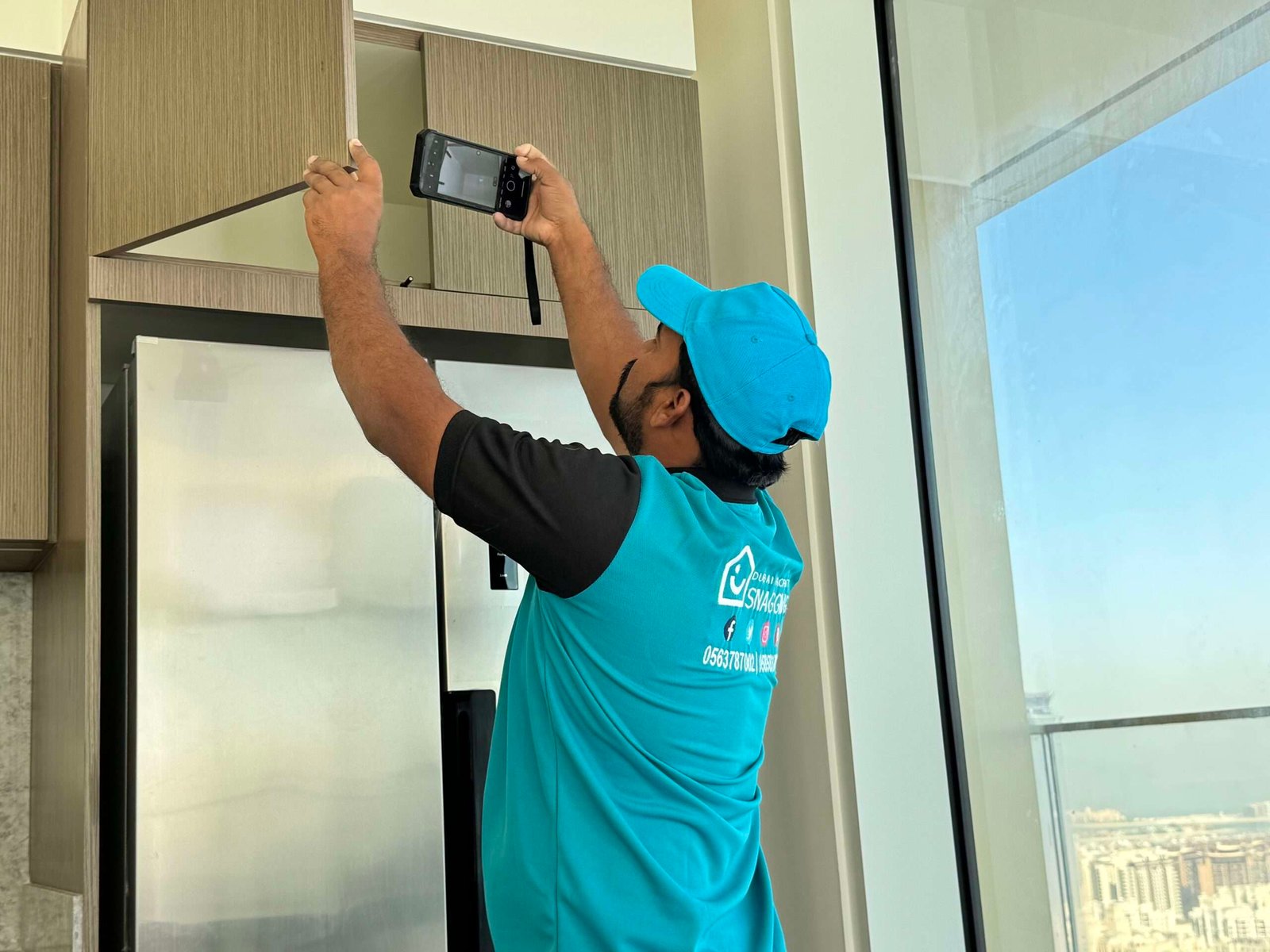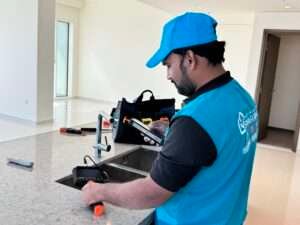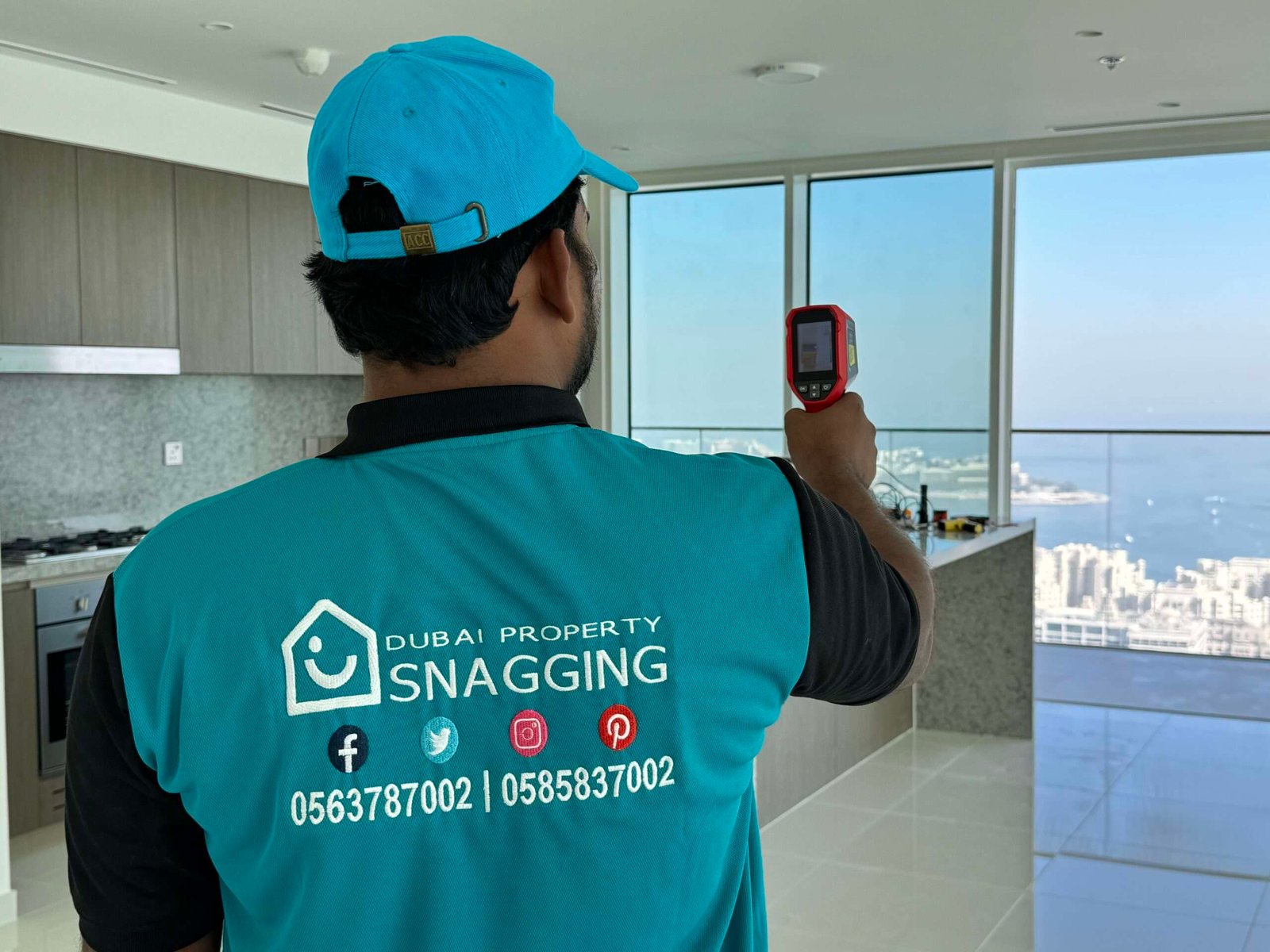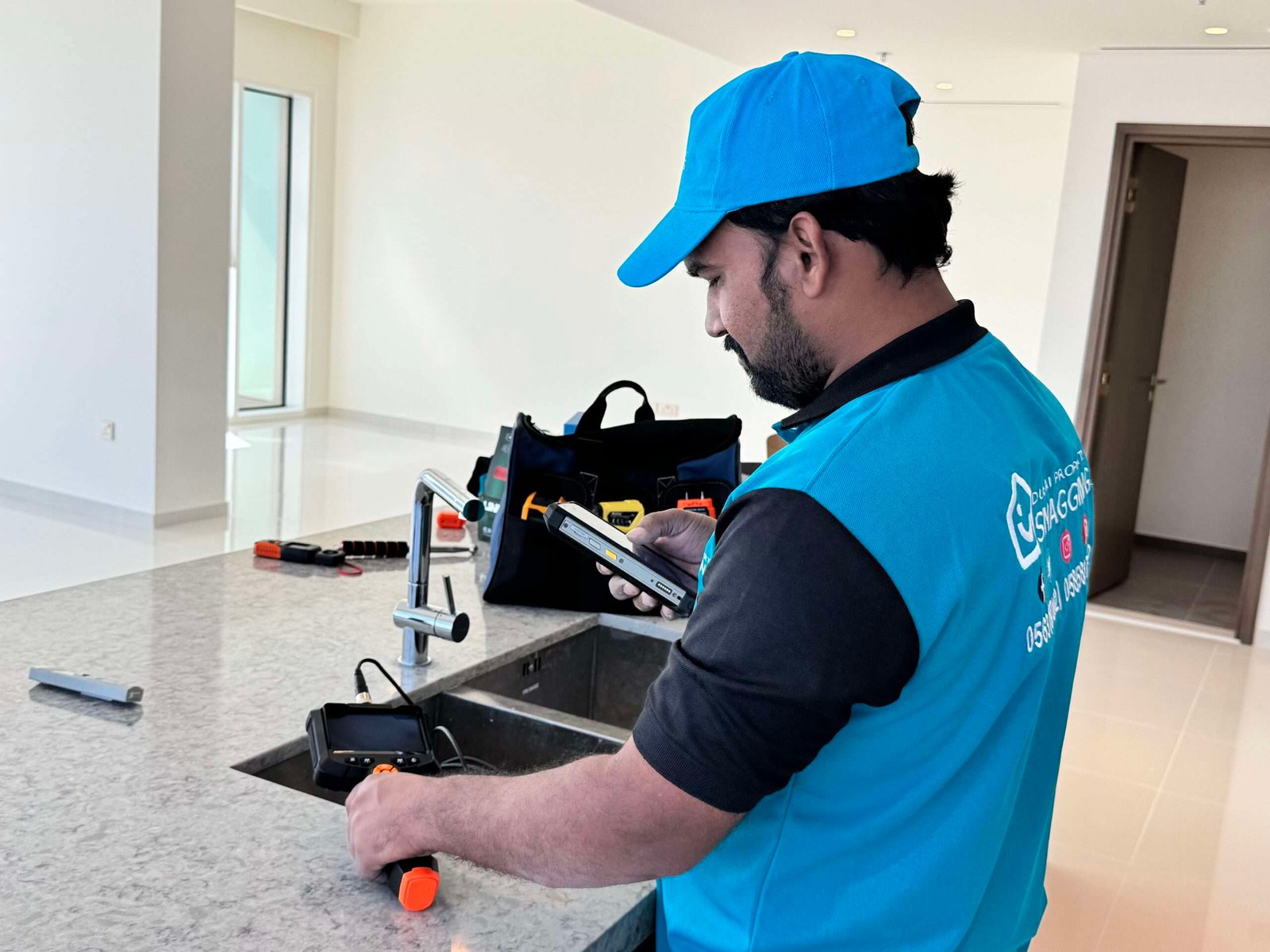Why Buyers Should Monitor Repairs During the Defect Liability Period
The Defect Liability Period (DLP) is a crucial time for homeowners to ensure that all necessary repairs and rectifications are carried out by developers. During this period, developers are responsible for fixing any construction defects at no additional cost to the buyer. To make the most of the DLP, homeowners should actively monitor repairs through Handover Inspection, Warranty Inspections, and Secondary Market Inspections. Here’s why staying vigilant during the DLP is essential.
1. Ensuring Timely and Proper Repairs
Developers have a legal obligation to address issues reported during the DLP, but without consistent monitoring, some defects might not be fixed properly. By conducting thorough Handover Inspections, homeowners can ensure that all defects are identified and rectified in a timely manner. Keeping track of the repair progress prevents unnecessary delays and ensures high-quality workmanship.
2. Verifying Warranty Inspections
Warranty Inspections play a vital role in ensuring that critical structural, mechanical, and finishing defects are covered under the developer’s warranty. By actively participating in these inspections, homeowners can verify that repairs meet industry standards and comply with the terms outlined in the warranty agreement.
3. Preventing Future Costs in the Secondary Market
For homeowners who plan to sell their property in the secondary market, unresolved defects can significantly impact property value and buyer confidence. Conducting Secondary Market Inspections before the DLP expires ensures that all issues are addressed before listing the property for resale. This not only enhances marketability but also prevents potential legal disputes with future buyers.
4. Maintaining Property Value
A well-maintained property retains its value better over time. Buyers should monitor repairs closely to ensure that defects are fixed correctly, rather than opting for temporary solutions. Properties with a history of thorough Handover Inspections and Warranty Inspections are more attractive to potential buyers in the resale market.
5. Avoiding Last-Minute Issues Before DLP Expiry
The DLP is time-sensitive, and homeowners should not wait until the last minute to raise concerns. Scheduling a final Secondary Market Inspection before the period ends allows homeowners to address any lingering issues with the developer while they are still obligated to make repairs.
Monitoring repairs during the Defect Liability Period is a crucial responsibility for homeowners. By conducting Handover Inspections, ensuring proper Warranty Inspections, and considering Secondary Market Inspections, buyers can safeguard their investment and avoid costly repairs in the future. Staying proactive during this period ensures a smooth property ownership experience and enhances long-term property value.




